Most of the directives you list are documented in Embarcadero's DocWiki:
Delphi Compiler Directives
{$A8} = Align record fields to QuadWord alignment
{$B-} = enable Boolean short-circuit evaluation
{$C+} = enable asserts
{$D+} = enable debug Information
{$E-} = ?
{$F-} = ?
{$G+} = enable imported data references
{$H+} = enable long strings (set String type to AnsiString) - ignored in modern Delphi versions
{$I+} = enable I/O procedure checks
{$J-} = disable writable constants
{$K-} = ?
{$L+} = enable local symbol information
{$M-} = disable runtime type information
{$N+} = ?
{$O+} = enable code optimizations
{$P+} = enable open string parameters - ignored in modern Delphi versions
{$Q-} = disable overflow checks
{$R-} = disable range checks
{$S-} = ?
{$T-} = disable type-checked pointers
{$U-} = disables Pentium-safe floating-point division operations
{$V+} = enable strict checking of short string parameters
{$W-} = generate stack frames only when required
{$X+} = enable extended language syntax
{$Y+} = generate symbol cross-reference information
{$Z1} = set minimum enumeration size to 1 byte
As you can see, the 5 particular switches you are asking about are STILL not documented after 15 years since Delphi 7 was released. So it is unknown what they actually do, if anything.
